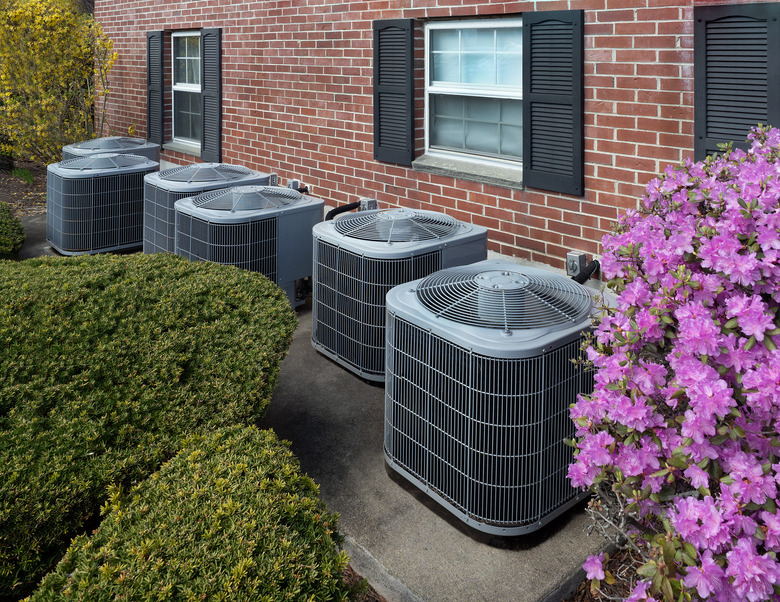What To Know About Texas Law Regarding Apartment Air Conditioners
We may receive a commission on purchases made from links.
The high temperatures in Texas make air conditioning a necessity, especially during the summer months. You might be surprised to learn, then, that the law does not require a landlord to provide an air conditioner or central air system in rental houses or apartments. Instead, Texas laws on apartment air conditioners relate to the rental laws in effect.
This means that, ultimately, the air conditioning legalities may change depending on how your lease is written. Always read your lease carefully and make sure you understand both your responsibilities and the landlord's. Never assume that air conditioning is a given, even if landlord-provided air conditioning is common in your area.
Is Air Conditioning Legally Required in Texas?
Is Air Conditioning Legally Required in Texas?
In Texas, the law (as of publication) has no provision in place regarding air conditioners in apartments. The landlord has an option to provide central air or a window air conditioner. Unless it is specifically mentioned in the lease, however, the landlord is not responsible for providing air conditioning to tenants.
Landlords are, however, responsible for providing renters with adequate heat, hot water, and running water. The exception is in the case of a lease that specifies something different. For example, a landlord may rent an apartment with the stipulation that water and heat are the responsibility of the tenant.
When A/C Units Break
When A/C Units Break
Texas law requires that landlords fix problems that might affect the health of people inside the building as soon as possible. A lack of air conditioning is generally not considered a threat to your health, unlike sewer problems or water problems.
If, however, your lease states that the landlord will provide air conditioning, she must fix a broken A/C. The tenant must inform the landlord of the broken unit in writing and wait three days for a response. If the landlord fails to make the needed repairs, then the tenant has the right to send a second notice, telling the landlord that if the air conditioning is not fixed, then the tenant will pay for the repairs out of pocket and deduct the cost from the rent due.
When forced to go this route, it's important to note that it is illegal for your landlord to retaliate. You can't be evicted, subjected to a rent increase or otherwise punished for exercising your legal right to have the air conditioning fixed. You will, however, need to make sure you use a licensed contractor to make the necessary repairs.
Note, too, that you'll want to make sure your rent is current and you are following all the terms of your lease before calling in a repairman yourself. Landlords can't evict you for repairs if you follow the rules for having them done, but they can still evict you for other reasons. In this case, your landlord may be able to evict you in retaliation but prove to the court that he had valid reasons not relating to the repair.
Rules Restricting Air Conditioner Installation
Rules Restricting Air Conditioner Installation
Landlords that do not provide air conditioning have the right to restrict A/C units on the lease. For example, the lease may require that units not be used in windows with sidewalks underneath. The lease can also restrict the dimensions of a window-mount unit, or stop a tenant from using multiple units in the same apartment. If the landlord provides a unit, but does not specifically list the item in the lease, then it is generally the responsibility of the tenant to handle maintenance and keep it functioning efficiently.
